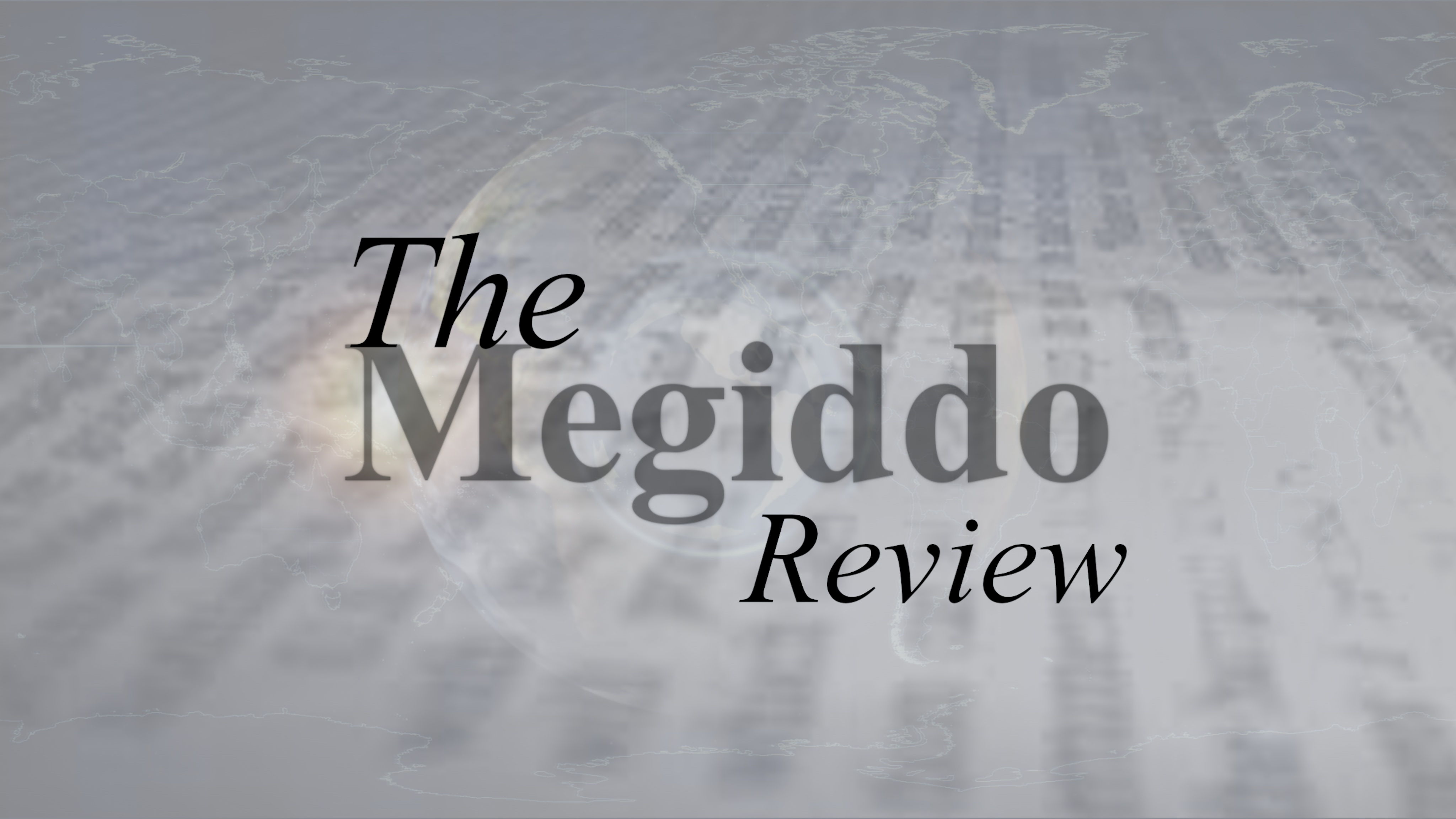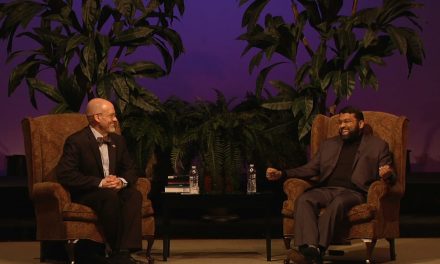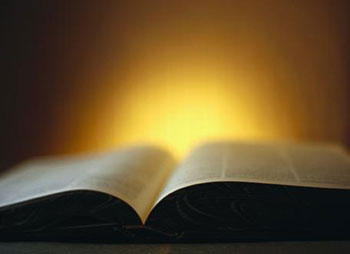It seems that the world has become so informal, no less on the Sabbath Day services is this clearly evident; there is an undeniable atmosphere of casualness in the Western Church while approaching the trice Holy God in worship. We think that worship is whatever man, sinful and fallen, invents or presents to God from his own impure heart. We think that worship is nothing more than a teaching lesson from a somewhat gifted speaker, all the while trying to keep the people entertained enough to keep attending your services. The worship of God becomes a service for man rather than centred around God when this happens.
In such an atmosphere, it is little wonder that people think so little and have such a low view of the worship of God. People will say that worship is merely personal preference, and hence it is not a hill to die on. So many think that worship is a silly and pointless issue to stand for in the modern Church.
What hills are left to die on for the Western Church? Does it require us to be merely against the LGBT agenda to be seen as a Christian? Does it mean we agree with marriage as defined in the Bible? We should be against the LGBT agenda and we should support marriage, but how did Christianity become about so little? How did it come to the point that the only issues we will stand for are also hot button political points?
Should we not be jealous over the glory of God? Should we not offer to God in worship what He wants, not what we want to give Him?
What does Holy Scripture teach? In Leviticus 10:1-3 we see Nadab and Abihu attempt to bring something not commanded before God. What happened when they offered strange fire before God? They died. That is how serious this issue is.
“And Nadab and Abihu, the sons of Aaron, took either of them his censer, and put fire therein, and put incense thereon, and offered strange fire before the Lord, which he commanded them not. And there went out fire from the Lord, and devoured them, and they died before the Lord. Then Moses said unto Aaron, This is it that the Lord spake, saying, I will be sanctified in them that come nigh me, and before all the people I will be glorified. And Aaron held his peace.”
Leviticus 10:1-3
It was recognised as a serious issue by the Reformed Church of the Reformation era, with what is called the Regulative Principle of Worship becoming so important to Reformed Theology. The Regulative Principle teaches that only what is commanded in worship is allowed, or, in other words, what is not commanded is forbidden. The Regulative Principle of Worship is the outworking of the second commandment, in which we see what is forbidden in approaching God in worship (Exodus 20:4-6); the commandment which emphasises that to worship God in false way is idolatry.
To show how this is basic, central and vital in Reformed Theology let us look at Q108 of the Westminster Larger Catechism as an example:
Q. 108. What are the duties required in the second commandment?
Westminster Larger Catechism
A. The duties required in the second commandment are, the receiving, observing, and keeping pure and entire, all such religious worship and ordinances as God hath instituted in his Word; particularly prayer and thanksgiving in the name of Christ; the reading, preaching, and hearing of the Word; the administration and receiving of the sacraments; church government and discipline; the ministry and maintenance thereof; religious fasting; swearing by the name of God, and vowing unto him: as also the disapproving, detesting, opposing, all false worship; and, according to each one’s place and calling, removing it, and all monuments of idolatry.
Are these monuments of idolatry, innovations in worship, something to be indifferent about? Can we, if we wish to be Biblical and Reformed in a meaningful way, say that worship is open to personal opinion, local tradition or the popular view of the current modern “Reformed Church”?
What about plays with actors, performances of music, video productions during the service and the use of props during preaching? Whatever we do, we need a clear Biblical command that it is for today, not just that it was once done. Fortunately, we do not need to start from scratch as we have the Directory of Public Worship as produced during the Westminster Assembly.
We must endeavour, in our particular callings within the Church, to keep pure the worship of God, as these islands of the UK & Ireland once swore they would in the Solemn League and Covenant. It is a vital issue if we care about God; If we do care about Him, we will care about how we approach Him in worshipping Him.
“We… do swear, that we shall sincerely, really, and constantly, through the grace of GOD, endeavor, in our several places and callings, the preservation of the reformed religion in the Church of Scotland, in doctrine, worship, discipline, and government, against our common enemies; the reformation of religion in the kingdoms of England and Ireland, in doctrine, worship, discipline, and government, according to the word of GOD, and the example of the best reformed Churches; and shall endeavour to bring the Churches of GOD in the three kingdoms to the nearest conjunction and uniformity in religion, confession of faith, form of church-government, directory for worship and catechising; that we, and our posterity after us, may, as brethren, live in faith and love, and the Lord may delight to dwell in the midst of us.”
-The Solemn League and Covenant of 1643
While your nation may not have sworn to these promises before God, as these islands have, these are Biblical and therefore binding principles for all nations to follow. May the Lord help us to stand for pure and Biblical worship where He has placed us for the glory of Him alone!





